Interview with Anchorsong
Sometimes, you need to pack up and move in order to thrive and re-discover yourself. Anchorsong (real name Masaaki Yoshida) left Tokyo, Japan for London, England in order to let his electronic songs reach a bigger audience. Despite trying to maintain a lifetime presence in my parents’ basement, I have moved on to bigger and better things namely the upstairs bedroom, so I can relate to Anchorsong.
A veteran of (the recently finished) SXSW in 2009, Anchorsong has just released his first album after a series of EPs. The music is not so rigid to just be liked by electronic fans – the music draws from all types of themes and sounds, including strings, hip hop beats, and rock – all played by Anchorsong. Besides having a lot of talent, Masaaki must have 10 arms to do that (or perhaps use a MPC2500 sampler….).
As Anchorsong promotes his new album, Chapters, PeteHatesMusic chatted with Anchorsong over email about the move to London, how Anchorsong constructs his music, and what he thinks of the beer in England.
PeteHatesMusic (PHM): You moved to England several years ago, from Japan. Was the move to England music/career driven? And why London – are you a fan of rain and tourists?
Anchorsong: Haha, no, I’m not so crazy about rain or tourist. One of the reasons of the relocation was that Europe’s market of electronic music is much bigger than in Japan, and I wanted to make a living out of it. I was also simply interested in living here as lots of the artists inspired me did in the past.
PHM: Have you been inspired by the music scene here in London? What was the biggest misconception you had about London, now that you’ve been playing music here for a bit?
Anchorsong: I’m aware of the movement of current underground scene in London and think it’s very exciting. However, I’m not particularly keen to be a part of it. I’d rather do my own thing which nobody else can. The biggest misconception I had about London is that audience at nightclubs don’t drink too much when they have to go to work the following morning perhaps…?
(note: PeteHatesMusic can attest to that)
PHM: You moved from playing guitar in a band to becoming a solo instrumentalist when the band split up. Why did you choose not to start or join another band? How did you go from guitar to MPC?
Anchorsong: I already had a concrete idea about the music I want to play when the band split up, and other regular members were unnecessary for it. I wasn’t regretful for giving up the guitar cause I was never good at it after all haha. I could get used to MPC quite easily as I’d been using a drum machine and a sampler to make the demo tracks in my bedroom while I was in a band.
PHM: How do you construct the songs? How do you decide on a melody and the layers, and also know when to draw the line of “too much” happening in one song?
Anchorsong: The process of composing is always the same for me. Once I find a cool single-note sample (I never use phrase ones), I would get the image of the completed track vaguely. All I have to do is to follow that image and put other pieces into its right place one by one. If I feel the track is getting further away from the image I had initially, that’s probably where to draw the line.
Anchorsong – New Bodies
PHM: Your live shows have been praised, which is always a good sign for an instrumental act. Are you conscious that you might need to do something extra special to make up for a lack of singer? Do you feel your live energy and creativeness is captured in your recordings?
Anchorsong: I’m trying to create instrumental music which makes listeners feel like reading a novel. It needs both the beginning and the end clearly, and it’s not easy to make a natural flow between the two of them. Probably to have a vocalist or voice samples on it is the easiest solution, and that’s exactly most of the producers do nowadays. I do like that kind of stuff as a listener, but I’d rather create something else.
Although my music is made to be performed on the stage, it doesn’t mean I’m trying to capture the energy of my live show in it. It’s two different things after all, and usually the recording version has a little simpler arrangement.
PHM: Your live shows often feature a four-piece string section. A Japanese instrumental artist, playing with strings, made me think of the excellent Japanese band Mono. Are you aware of them and if so, what are your thoughts? Who do you consider to be your contemporaries and influences?
Anchorsong: I’ve heard of their name but hardly know their music to be honest. (I should look into it perhaps…!) There are so many artists inspired me, but Bjork is definitely one of them. I had never thought strings matches so well with electronic production until I heard her track “Joga”.
PHM: Your stage name is the same as a Bjork song – is this paying homage to her or pure coincidence?
Anchorsong: It’s not a coincidence and I did name it after the track. I wanted to have a name which represents my music, not myself. I had the idea to name it “○○○○song” first cause it surely sounds like a name of a track and it goes well with the concept. Eventually I took it from her song “Anchor Song”. I loved that song very much and believed “anchor” is a powerful word.
PHM: As Moby showed years ago with his album, Play, electronic music can provide a great soundtrack to commercials. Have you ever considered movie or television soundtracks, or licensing songs?
Anchorsong: One of the advantages of instrumental music is its compatibility with other media, and I’m very keen to make music for it. I believe my music is a dramatic one and it’s suitable for a movie soundtrack particularly.
PHM: Your album is called Chapters. In the book about your life, what would this current chapter be called? What would the coolest past chapter be called?
Anchorsong: Great question. I’d title current chapter “Tier 4”, which is a student visa I obtain at the moment. I came to UK as a student cause the government wouldn’t let me do so if I said I just wanted to play music. I’m supposed to have a new one as a musician soon, so the new chapter should begin then.
The coolest past chapter is called “The First Impact”. It’s about the first gig I ever did at my high school festival. We played the songs of Nirvana, The Offspring, Rage Against The Machine etc, and I played the guitar without a distortion pedal as I didn’t know its existence. It must have sounded like The Presidents Of The United States Of America rather than Nirvana.
(note: PHM would agree that Presidents of the United States would be the direct negative opposite of Rage Against the Machine / Nirvana)
PHM: We here at PeteHatesMusic like our alcohol (perhaps a little too much). Have you enjoyed the switch from Japanese beer and sake to the English ales and bitters? Any memorable or horrible experiences?
Anchorsong: I prefer English beers to Japanese ones for sure. I once played for the opening party of a Japanese restaurant in London, and the stage was made outside. I was pretty drunk before going onstage and quite sure I’d be fucked up. Then a tremendous gale came and blew away the stage, so the whole thing was called off. I pretended I was sorry, but in my mind I was so relieved.
*
Anchorsong – Devil’s Clap
Anchorsong plays at Cargo in London this Thursday, March 22. Check if tickets are available at www.soundcrashmusic.com and watch some live videos here. For all other upcoming dates, check out Anchorsong’s website. Feel inspired to move to London yet?
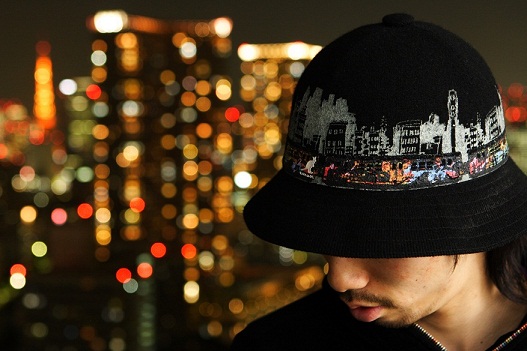
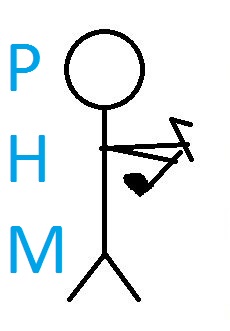
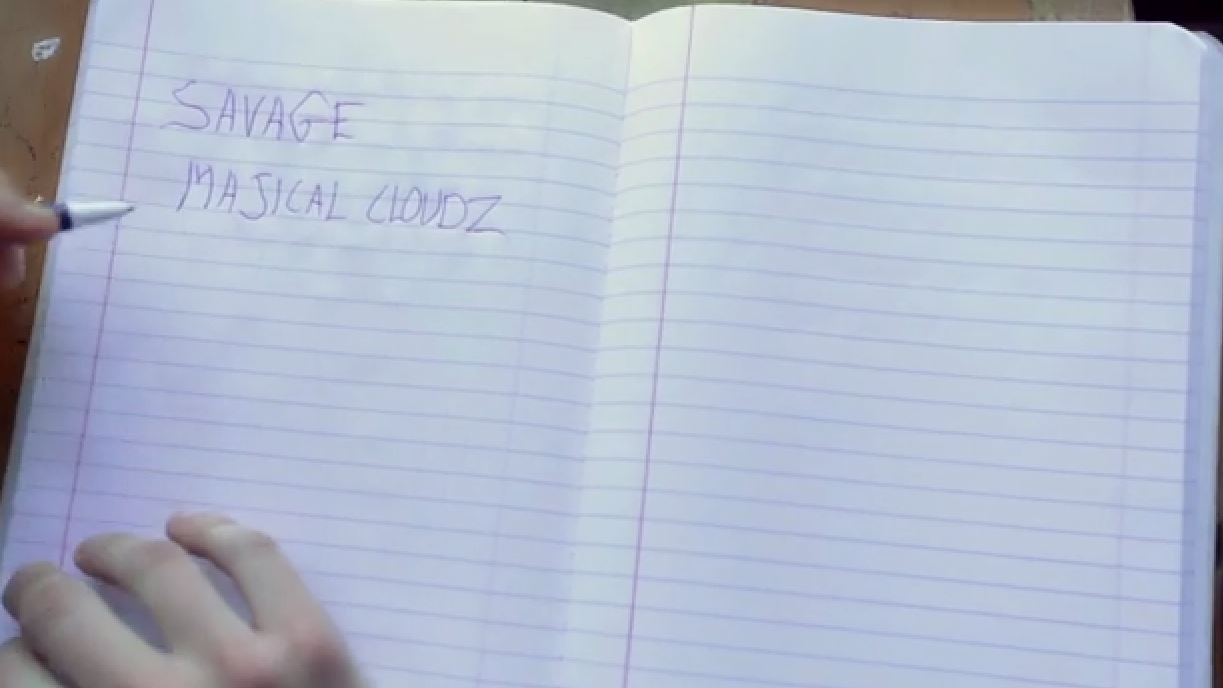
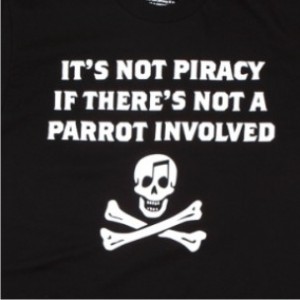
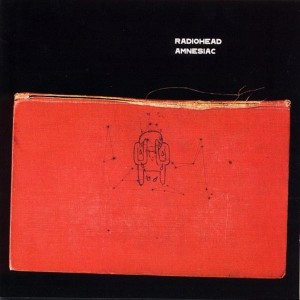
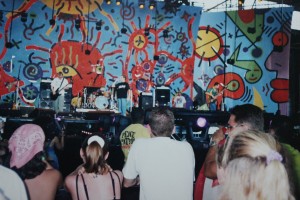
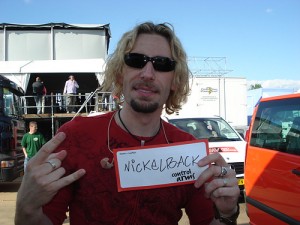

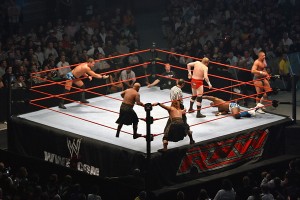
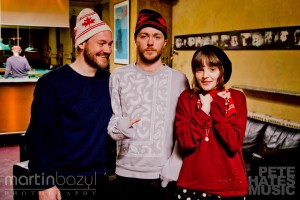
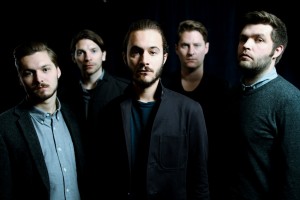
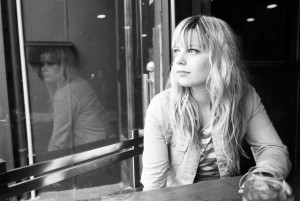
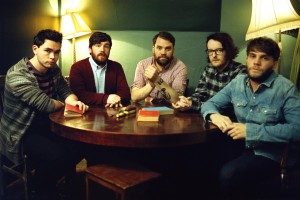
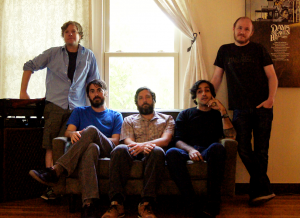
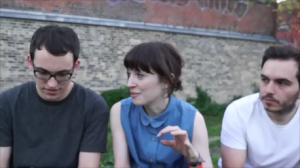
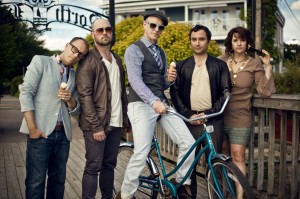
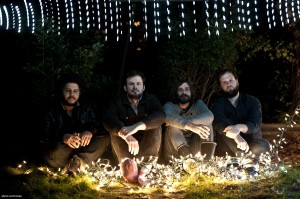

1 Response
[…] is what all the ladies I asked out on dates are doing). For those of you in the know, or if you read the PeteHatesMusic Interview the other day, you would know you should’ve started your weekend on Thursday at Cargo, […]